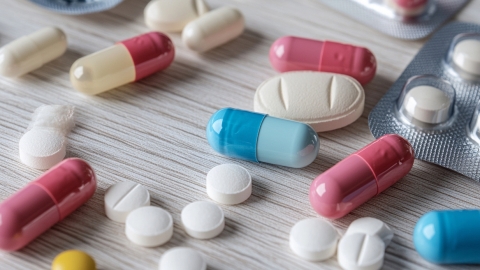Can I take ibuprofen after drinking alcohol?
Ibuprofen is commonly available in tablet form. Generally speaking, it is advisable not to take ibuprofen after consuming alcohol. The detailed explanation is as follows:

After entering the body, alcohol must be metabolized in the liver, and ibuprofen also requires processing by the liver. The combined effects of both can increase the metabolic burden on the liver, potentially causing liver damage. Both alcohol and ibuprofen may irritate the gastric mucosa; taking them together increases the risk of gastric mucosal injury, which can lead to stomach pain, bloating, nausea, and, in severe cases, gastrointestinal bleeding or ulcers. Additionally, ibuprofen may affect renal blood flow, and alcohol also has some impact on kidney function. Combining the two may further increase the risk of kidney damage, which is detrimental to bodily metabolism and overall health.
If experiencing pain, fever, or other discomfort after drinking alcohol, it is preferable to relieve symptoms by resting and hydrating rather than immediately taking ibuprofen. If medication is necessary, there should be an interval of at least 24 hours to ensure most of the alcohol has been metabolized. Individuals with underlying conditions such as gastrointestinal, liver, or kidney disease should especially avoid taking ibuprofen after drinking alcohol. Before taking any medication, carefully read the instructions, and seek timely medical attention if adverse symptoms occur.








